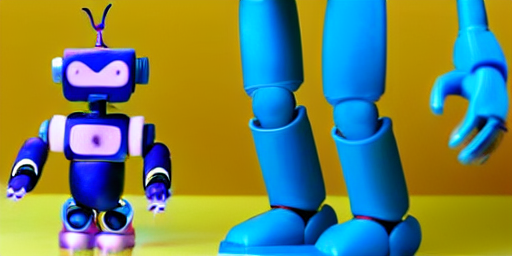AI therapists and coaches are not new, but a new study conducted in the UK found some surprising facts about human reactions to robotic coaches. University of Cambridge researchers discovered that robot well-being coaches were generally well receive din workplaces — but it depends on their appearance.
Two different robots were tested:
- The QTrobot from the University of Luxembourg, a three foot tall humanoid robot reminiscent of Pepper.
- The Misty II from Misty Robotics, which is smaller and more toylike.
While Misty II is not as clearly humanoid as QTrobot, it does have a recognizable head, arms, and body. The two robots were programmed with the same personality and behaviors.
The difference
The human subjects had more positive perceptions of the Misty II.
The researchers suggested that this might be caused by higher expectations of the humanoid robot. The robot that looked more like a toy might not have been expected to perform as well as the humanoid robot.
On the other hand, the Misty II might have been more familiar. The toy-like robot in the study had a more cartoonish and less humanoid design, which made it easier for people to relate to and develop a positive emotional connection with it. The humanoid robot, on the other hand, was more unfamiliar and harder to relate to, making it more difficult for people to form emotional connections with it.
The toy-like robot also had a more playful and friendly appearance than the humanoid robot. The playfulness of the robot made it appear less threatening and more approachable, which in turn made it easier for people to feel comfortable around it. The humanoid robot, on the other hand, might have appeared more intimidating and less approachable, making people feel more wary and less comfortable around it.
The results
The robots worked with their human subjects once a week for four weeks. At the end of the experiment, tests of the mental well-being of the human subjects showed — no change. Neither robot had made any difference in the week-being of the human subjects.
The researchers speculated that this could have been because the humans were pretty happy to begin with. We find this a somewhat disappointing theory.
At the least, we may discover from this that having positive feelings toward a robot matters less to outcomes than we would have expected.
